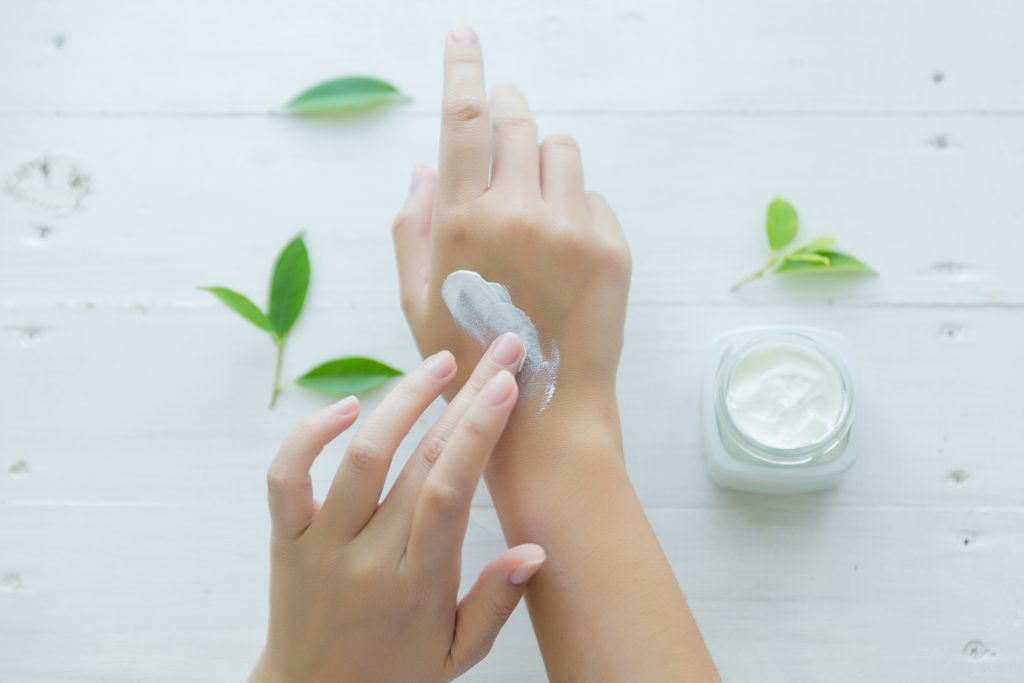Vitamin C and Skin
Vitamin C can be said to be the most popular micronutrient of all. It serves various functions, from immune health to skin health. As of late, many skin care products have incorporated vitamin C as one of the ingredients, or it stands alone in skincare products. Many studies found that topical application of vitamin C showed positive skin changes in improving skin complexion, improving skin hydration, fading out hyperpigmentation, and reducing the appearance of under-eye circles.
But, according to the study, there are various hindrances to the absorption of vitamin C applied topically, such as skin pH, penetration of vitamin C into skin layers, oxidation due to exposure to harsh environments before the skincare is even applied to the skin, and many more.
Which is why people started to dig? What about the consumption of vitamin C? Will it help with skin health even better?
A study on the roles of vitamin C in skin found that the consumption of vitamin C helps with skin health via various pathways.

-
The promotion of collagen formation
Vitamin C acts as a co-factor for the proline and lysine hydroxylase enzymes that stabilise the collagen structure in skin. In the skin, collagen formation is carried out mostly in the dermis; it requires the enzyme lysine hydroxylase to form collagen, which is dependent on vitamin C. Which is why consumption of a sufficient amount of vitamin C helps with intact-looking skin due to the formation of collagen.
-
The ability to scavenge free radicals and dispose of toxic oxidants
Another important role of vitamin C is that it acts as a potent antioxidant, which can neutralise and remove oxidants from environmental pollutants and after exposure to ultraviolet (UV) radiation. But most intervention studies are carried out to see the effect or prevention of the damage using a cocktail of other ingredients as well (such as glutathione and vitamin E). Which is why it is said that vitamin C is particularly effective when it is used in conjunction with vitamin E.
-
Inhibition of melanogenesis.
Vitamin C and its derivates, including the weak one (magnesium phosphate ascorbyl derivatives), have been shown to treat skin hyperpigmentation in conditions such as melasma, better known as age spots. This is due to the fact that it has been shown that it reduces melanin synthesis in the skin by interfering with the action of tyrosinase (the rate-limiting enzyme in the production of melanin).
These are all pathways through which vitamin C could help with skin health. During the course of life, the skin is exposed to various challenges that affect its structure, function, and appearance, including:
-
Ageing: loss of elasticity and wrinkle formation
-
Exposure to elements leading to discoloration, dryness, and accelerated wrinkles.
-
Chemical insults such as soaps, hair dyes, and detergents
-
Direct injury, such as wounding or bleeding.

With all the factors from internal and external being addressed, it is thought that it can make things clear that the consumption of vitamin C is able to help with the prevention of further skin damage but at the same time must limit or reduce external factors that cause harm to skin; after all, prevention is better than cure, right?
Apart from this, 16 studies that investigate the consumption of vitamin C supplements or foods show that it improves skin appearance by improving skin elasticity, facial wrinkling, roughness, and discoloration.
Another double-blind nutrition intervention using cocktails of supplementation such as that high in antioxidants such as 10mg trans resveratrol, 60 mcg selenium, 10 mg vitamin E, and 50 mg vitamin C in papaya extraction among populations between 40 and 65 years old shows improved skin surface, brown spots, evenness, moisture, and elasticity after 90 days of supplementation.

Based on all these data, the study stated that the efficacy of consumption of vitamin C is better at improving skin health as compared to topical application only. As the efficacy of topical application is based on the prior skin condition. In one study, it was suggested that when the health status is already optimal, meaning there is enough vitamin C, the topical application of vitamin C will not be absorbed into the skin. Hence, ‘beauty from the inside" via nutrition may be more effective than topical application.
References
-
Pullar, J. M., Carr, A. C., & Vissers, M. (2017). The Roles of Vitamin C in Skin Health. Nutrients, 9(8), 866. https://doi.org/10.3390/nu9080866.
-
Radiance by WebMD. Benefits of Vitamin For Your Skin Health. https://www.webmd.com/beauty/ss/slideshow-benefits-of-vitamin-c-for-skin (Retrieved on May 3rd, 2021).
-
11 Reasons to add vitamin C serum to your skincare routine. https://www.healthline.com/health/beauty-skin-care/vitamin-c-serum-benefits#how-to-use (Retrieved on May 3rd, 2021).




